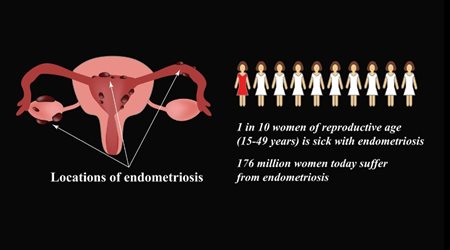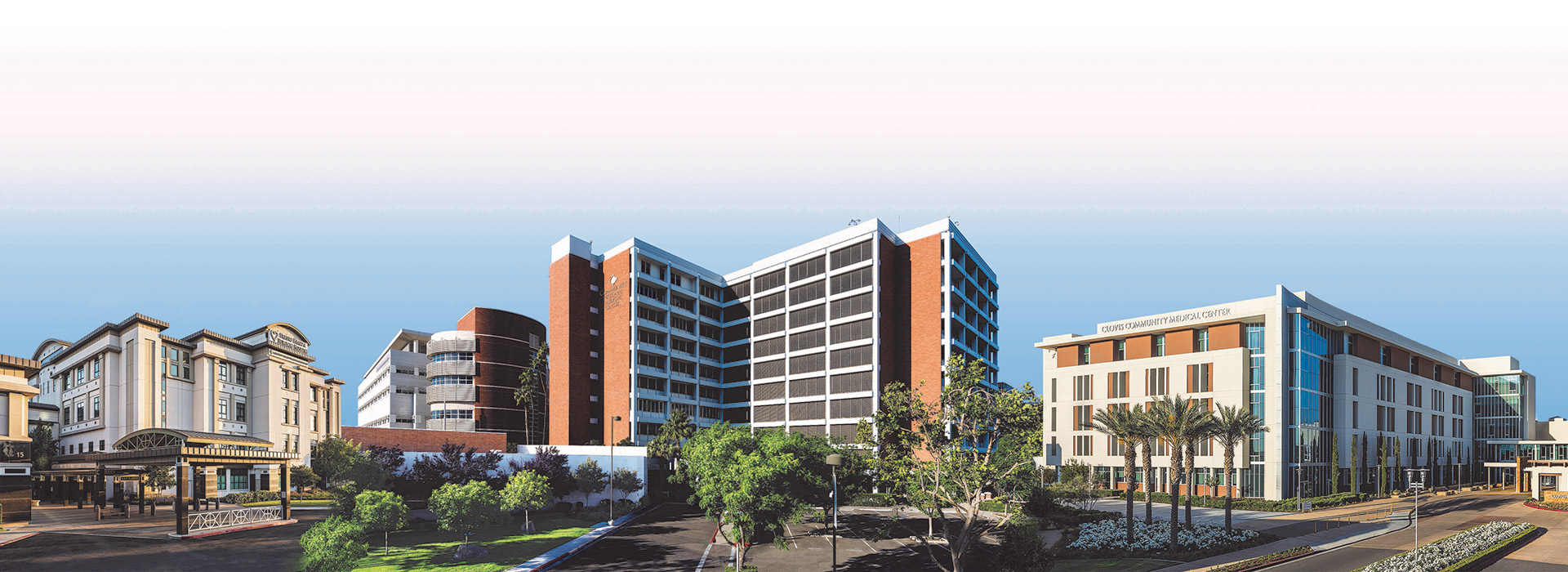The common symptoms of endometriosis are:
- Painful periods
- Pain with intercourse
- Excessive bleeding during and between periods
- Fatigue, diarrhea, constipation or nausea during period
Why is endometriosis so painful?
It is often a painful disorder because the displaced tissue becomes trapped with each menstrual cycle and has no way to exit the body. There are also different stages of endometriosis based on the extent of the disease. Stage 1 is considered mild and stage 4 is aggressive with varying symptoms.How do you know you have endometriosis?
 Research shows about 11% of women in the United States between the ages of 15 and 44 are affected by endometriosis. To verify diagnosis, patients undergo a laparoscopic surgical procedure usually performed by an OB/GYN.
Research shows about 11% of women in the United States between the ages of 15 and 44 are affected by endometriosis. To verify diagnosis, patients undergo a laparoscopic surgical procedure usually performed by an OB/GYN.
Is endometriosis treatable?
Yes. Many women will choose to treat their pain symptoms with hormonal suppression first, usually with a form of contraceptive, before moving forward with surgery. See your doctor if you experience any signs or symptoms that may indicate endometriosis.“If it's something that's bothering you enough to affect quality of life, or if it’s something that's getting worse with time, then it's something that needs to be addressed,” says Dr. Carolina Sueldo with Women’s Specialty & Fertility Center. “It may not be endometriosis, but certainly that's one of the things that need to be looked at.”







